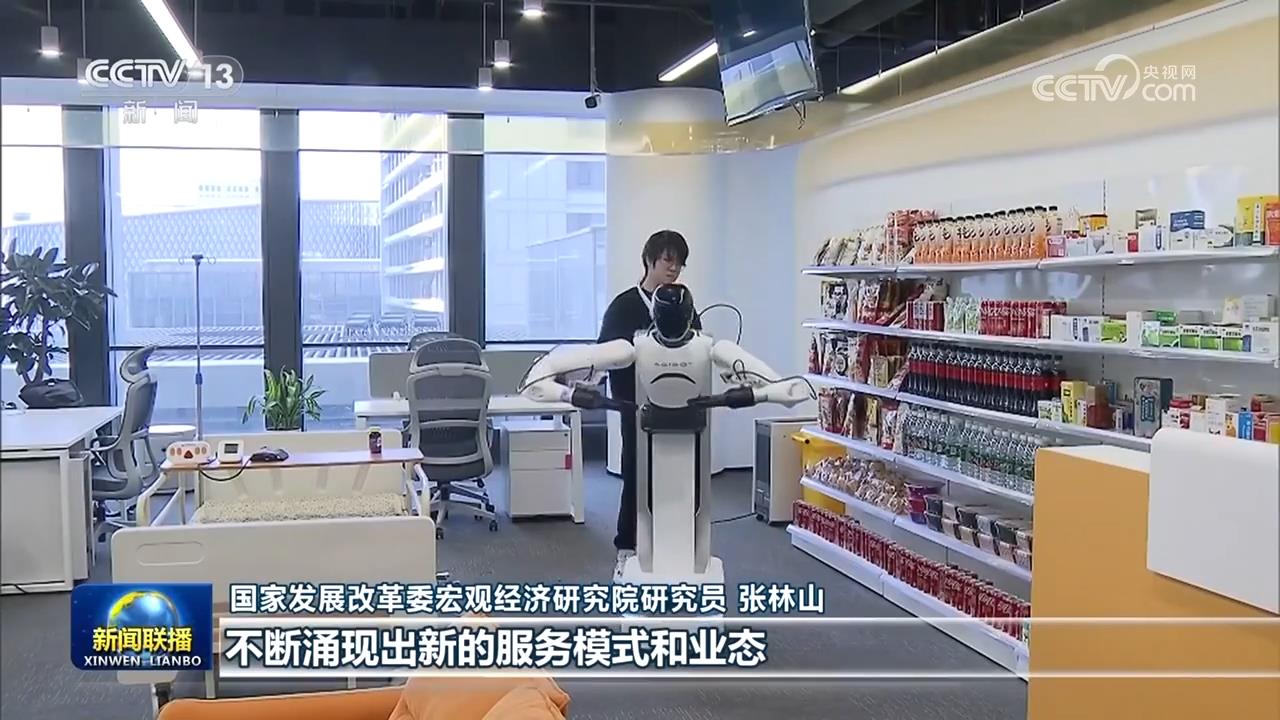CCTV News: According to the website of the National Development and Reform Commission, the National Development and Reform Commission and the National Data Administration, together with the Central Cyberspace Affairs Office, the Ministry of Transport, the General Administration of Customs, the State Railway Administration, the Civil Aviation Administration of China, and the China National Railway Group Co., Ltd., jointly carried out the pilot work of open interconnection of logistics data.
Focus on prominent problems in the development of the logistics industry, break down "information islands" and "data chimneys", open up data from government departments, related enterprises, ports, highways, railways, aviation and other business systems, innovate logistics data interaction models and solutions, create a number of representative demonstration projects, explore the establishment of a multi-level logistics data open interconnection mechanism that organically combines public welfare and marketization, establish and improve standards and specifications for logistics data classification and exchange application, form an open list for logistics public data sharing, promote and apply nationwide, promote the optimal allocation of logistics resources, and promote the effective reduction of logistics costs in the whole society.
Based on the principle of covering typical areas in the east, central and western regions and taking into account super-sized cities, 16 cities were selected to carry out the pilot work of open interconnection of logistics data. The 16 cities are: Tianjin, Tangshan, Ningbo, Jinhua, Hefei, Linyi, Zhengzhou, Luoyang, Wuhan, Yichang, Guangzhou, Haikou, Chongqing, Chengdu, Urumqi, and Horgos.
The main tasks of the pilot work mainly include:
(I) Open Internet of multimodal transport data. Promote trusted document flow, full-process traceability of goods and standardization of logistics data, focus on the "one order" and "one box" service model of multimodal transport, open up multi-domain data such as customs, ports, railways, highways, water transport, aviation, freight forwarding, fleets, etc., rely on diversified entities such as logistics hub operation entities, logistics backbone enterprises, and multimodal transport information service providers, and combine local actual conditions to explore the market-oriented open interconnection and operation model of multimodal transport data.
(II) Data integration application of manufacturing, commerce and logistics industries. Promote the exchange and integration of data upstream and downstream of the supply chain, open up business system data such as cargo owners and government departments, logistics companies, railway companies, port companies, shipping companies, aviation companies, freight forwarding companies, break through the information sharing bottlenecks of all participants in the supply chain, and realize seamless docking of logistics information systems and full logistics tracking.
(III) Comprehensive international logistics data services. Explore the implementation path of cross-border data integration application, focus on international logistics channels such as China-Europe Express and the new land-sea channel, open up business system data such as hub nodes (ports/land ports/ports), customs, maritime, freight forwarding, railway companies, shipping companies, freight companies, airport companies, global shipping business networks, etc., and promote the full tracking of international logistics and cost reduction and efficiency improvement.
(IV) Data interconnection and sharing between national logistics hubs. Pilot the data interconnection and sharing of national logistics hubs and national comprehensive freight hubs, focusing on service services such as aviation and railways, promoting multi-dimensional data connectivity such as service product information, orientation information, and station capacity information, realizing business coordination, rule linkage, and operation cooperation among hubs, giving full play to the scale effect of the Internet of logistics hubs, promoting cross-regional logistics, manufacturing, commerce and other industries, and promoting significant improvement in cross-border logistics customs clearance efficiency and significant reduction in the entire logistics cost.







